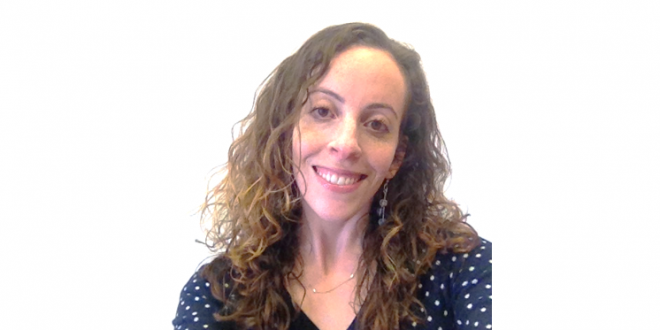February 5, 2015, 16:00, Room: VC 323, Victoria College, 73 Queens Park Crescent East
Israel’s recent wave of migration to Berlin is fueled largely by the high cost of living in Israel, for which the popular chocolate pudding Milki (an Israeli product that costs much less today in Germany) has become a key symbol. Every year, hundreds of Israelis migrate to the German capital, provoking heated reactions from Israeli critics who see moving to Germany, of all places, as an act of desertion. The intensity of the debate surrounding the “Chocolate Pudding Protest” conceals the fact that Jewish migration to Berlin is not a new phenomenon. Roughly a century ago, Berlin emerged as a major metropolis and a magnet for Hebrew and Yiddish-speaking writers from Eastern Europe who, like Israelis today, came in search of economic and artistic opportunity. This talk will explore Israeli migration to Berlin through the lens of the past. How can the history of Hebrew and Yiddish culture in Weimar Berlin illuminate current Israeli “diasporization”? How does Germany relate to the new Jewish migrants, who come not as stateless refugees but as nationals of their own sovereign state? In what ways might exploration of these questions benefit from and contribute to the “transnational turn” in both German Studies and Jewish Studies?
Rachel Seelig is a Mandel Fellow at the Scholion Interdiscipinary Research Center in the Humanities and Jewish Studies at the Hebrew University of Jerusalem, where she teaches in the Department of Comparative Literature. She received her PhD from the University of Chicago and has taught German and Yiddish literatures at the University of Toronto as the Ray D. Wolfe Postdoctoral Fellow in Jewish Studies. Her research focuses on migration, multilingualism, and transnational exchange in modern German-Jewish, Hebrew and Yiddish literatures. She is completing a manuscript on multilingual Jewish literature in Berlin during the period of the Weimar Republic.
If you have any accommodation needs, please e-mail german@chass.utoronto.ca five business days prior to the event, and we will do our best to assist you.
 Department of Germanic Languages & Literatures University of Toronto
Department of Germanic Languages & Literatures University of Toronto
